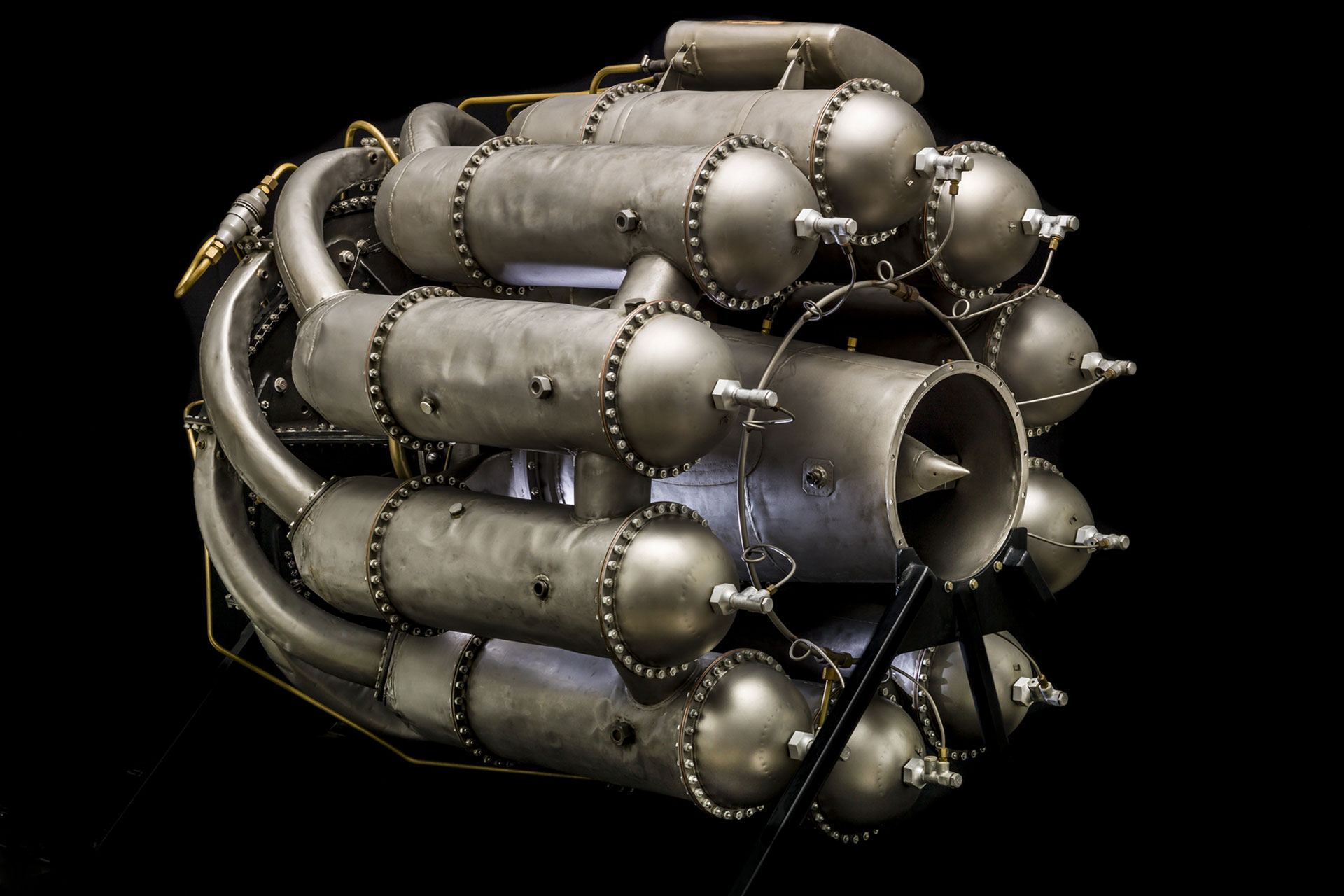

‘Sir Frank Whittle and Jet Propulsion: some oft repeated myths’ by Dr Fred Starr
25th November 2024 @ 6:30 pm - 8:00 pm
Joining us IN PERSON – just turn up, there’s no need to register
please email meetings.syorks@newcomen.com for zoom link.
Repeated statements that the development of the jet engine was held up by the shortcomings of high temperature alloys for turbine blades are without foundation. Frank Whittle, given the funding, could have had a jet engine prototype running by 1932-33 and the RAF could have been equipped with jet fighters by 1939.
It was unfortunate that Griffith (of Griffith Crack Fame) was so opposed to the jet engine principle, probably because he saw this as a rival to his own weird turboprop ideas. Accordingly, funding was withheld, the Germans taking the lead.
About the Speaker
Dr Fred Starr graduated as Metallurgist from Battersea College (now the University of Surrey) in 1966. After a short period, training to be a shift engineer on a steam reforming plant at Hitchin, he joined British Gas, London Research Station, in Fulham where he remained for 30 years. Initially he did failure investigation on steam reforming plants, some of which included visits to the sites at Breakwater, Plymouth, and Seabank, Bristol. In this respect, a big regret was not knowing that the Newcomen Society used to meet at the Science Museum, just up the road from where he worked in Fulham.
Much of Fred’s time at London Research was spent on materials for high temperature gasifiers. When this work terminated, he came up with novel ideas for generating electricity using natural gas. This included the concept of incorporating a Stirling Engine within a gas boiler, and the Closed Cycle Gas Turbine project. His deep interest in aircraft and aircraft engines and background in steam reforming were key to the success of the Closed Cycle Gas Turbine “demonstrator”. Privatisation killed real R&D, and he left British Gas in 1996. Fred’s most important job after leaving British Gas was with the EU’s Joint Research Centre in the Netherlands, where he did the basic design for a HYPOGEN plant making hydrogen from coal. Despite this, he is extremely cynical about the hydrogen economy.
Formally “retiring” in 2007, Fred became an active member of the Newcomen Society. With the help of Bryan Lawton, John Anning and Ed Marshall he got the Society to put on a conference on The Piston Engine Revolution (the development of the IC engine). Later on, he came up with the Swords into Ploughshares conference (how WWI transformed British Engineering).
